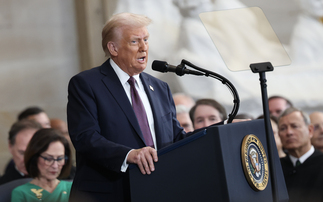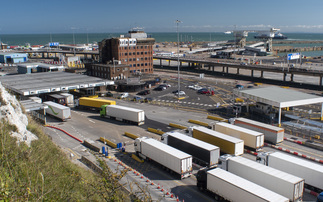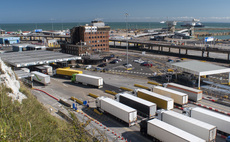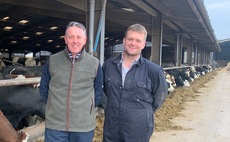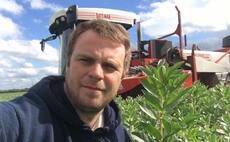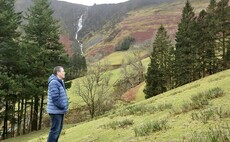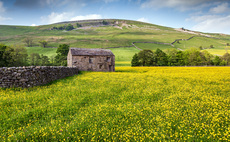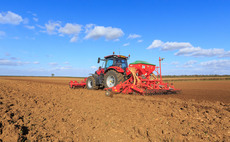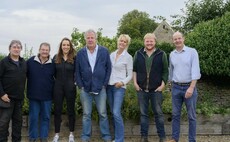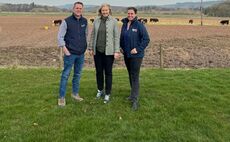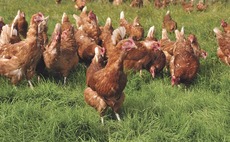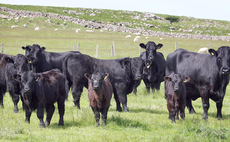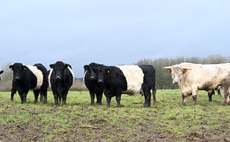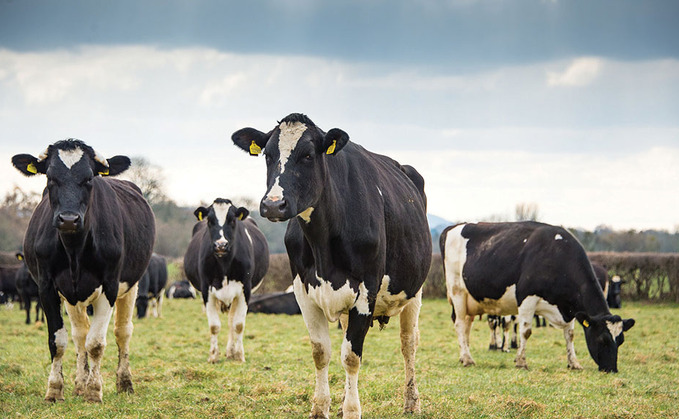
The Ulster Íæż½ã½ã' Union (UFU) has opposed proposals made by the Department of Agriculture, Environment and Rural Affairs (DAERA) to cut livestock numbers to meet 2030 net zero targets in Northern Ireland.
Following a consultation by DAERA on Northern Ireland's pathway to net zero, proposals were announced which included cutting livestock numbers to meet 2030 targets and the carbon budget and targets proposed beyond 2040.
Livestock numbers
UFU president, David Brown said: "Action is needed to tackle the biggest issue facing the planet, but we cannot support any targets or proposals to achieve net zero that will significantly impact our food security and supress our pasture-based livestock industry with no benefit to reducing global emissions.
See more: Dairy farmers fear financial losses
"Cutting livestock numbers is not going to change consumer demand for dairy and meat. It will result in products produced to lower standards being imported to replace what we can no longer produce.
"If this happens, we would not be playing our part in tackling climate change, we would be passing the buck."
See More: Environment schemes want 'tenant farmers gone' with land being taken back in hand by landlords
The UFU is largely in support of DAERA's alternate suggestion for reducing emissions from agricultural based on the policies and proposals within the Future Agricultural Policy Programme.
See more: NSA calls for a 'root and branch' review of Red Tractor
Although this remains a very tough challenge for the industry, there is a commitment to combat climate change and the UFU acknowledges that it is critical to find a balance between sustainable food production in NI and climate action to prevent carbon leakage.
Climate change
Northern Ireland dairy farming has successfully reduced its carbon intensity by 34 per cent since 1990 and greenhouse gases from UK beef are about half the global average.
"Agriculture is one of few sectors in NI that has policy ready, and a budget allocated to continue delivering climate action in line with the first carbon budget. It's vital that policy supports us to do the same without supressing local farming," said Mr Brown.
DAERA has responsibility for food, farming, environmental, fisheries, forestry and sustainability policy and the development of the rural sector in Northern Ireland.
See also: Uncertainty stunts farmers' ability to plan for future








